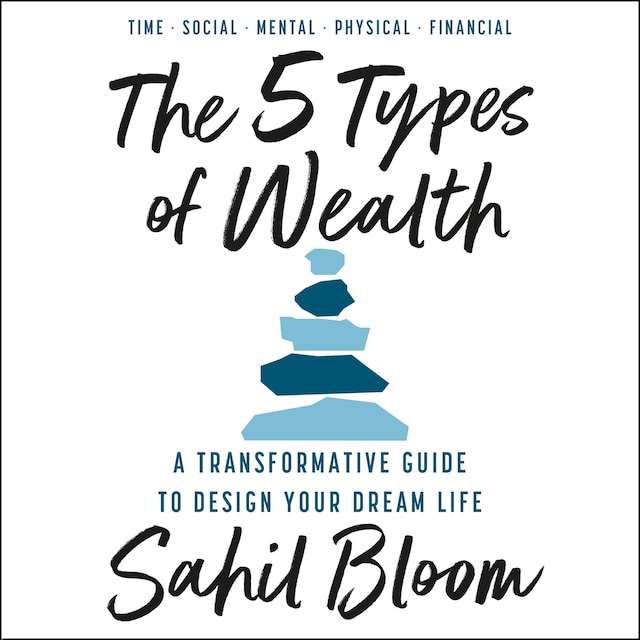
Kommande ljudbok
2025-02-04The 5 Types of Wealth
A Transformative Guide to Design Your Dream Life

